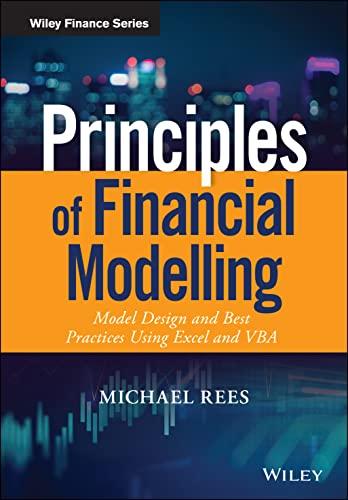
6. Concentrating your investment into businesses or sectors you believe you have control over in some way, means you can under-diversify. Also, believing that your skill or past successes give you greater control over the outcome of your decisions may cause you to get rid of bad trading habits. 7. nvestors are bombarded with useless information every day, from financial commentators, newspapers and stockbrokers, and it is difficult to filter through it to focus on information that is relevant. This is called anchoring. 8. We are more attentive to positive information than negative; we are more likely to remember happy events than sad ones; and, when it comes to making decisions, we have a habit of weighting optimistic predictions more heavily than pessimistic ones. This situation is called "Self Attribution Bias". 9. Illusion of control occurs because we naturally like stories and find them easier to make sense of and relate to. It means we can be prone to choose less desirable outcomes due to the fact they have a better story behind them. This cognitive bias is similar to the framing bias. 10. nvesting is not a probabilistic endeavor. Decisions are based on mathematical, factual, and economic factors such as annual reports, market analysis, and the prevailing mood of investors. However, the illusion of control can trick you into believing that investing is probabilistic. 6. Concentrating your investment into businesses or sectors you believe you have control over in some way, means you can under-diversify. Also, believing that your skill or past successes give you greater control over the outcome of your decisions may cause you to get rid of bad trading habits. 7. nvestors are bombarded with useless information every day, from financial commentators, newspapers and stockbrokers, and it is difficult to filter through it to focus on information that is relevant. This is called anchoring. 8. We are more attentive to positive information than negative; we are more likely to remember happy events than sad ones; and, when it comes to making decisions, we have a habit of weighting optimistic predictions more heavily than pessimistic ones. This situation is called "Self Attribution Bias". 9. Illusion of control occurs because we naturally like stories and find them easier to make sense of and relate to. It means we can be prone to choose less desirable outcomes due to the fact they have a better story behind them. This cognitive bias is similar to the framing bias. 10. nvesting is not a probabilistic endeavor. Decisions are based on mathematical, factual, and economic factors such as annual reports, market analysis, and the prevailing mood of investors. However, the illusion of control can trick you into believing that investing is probabilistic







